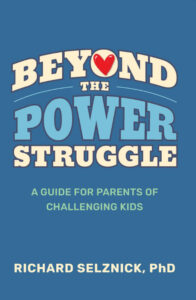 Parents commonly come in with common questions such as, “Does their child have ADHD?” or “Is my child dyslexic?”
Parents commonly come in with common questions such as, “Does their child have ADHD?” or “Is my child dyslexic?”
Difficulty with reading and attention occur on a continuum or a spectrum from below the mid-point of average (see bell-curve picture above), to more moderate and severe.
Just because a child is struggling to a degree with reading doesn’t necessarily mean the child is “dyslexic.” There could be a myriad of reasons why the child is delayed in reading that are not necessarily dyslexia.
The lower portion of the average range (around the 25th – 30th %ile) is what I call, “the dreaded portion of the bell-shaped curve,” meaning it is neither here nor there or clear cut whether the difficulty represents a legitimate learning disability like dyslexia or an attention disorder with questions of ADHD.
Dyslexia or ADHD are not something like COVID where you can take a test that tells you “yes” or “no” (has it – doesn’t have it). There is no one test for either of them. (Sometimes I wish that I had the one “Dyslexia Test”. It would certainly make my life easier.)
Adequate diagnosing i somewhat like detective work requiring a weight of the evidence in order to more confidently state the presence of a disorder.
With dyslexia and ADHD the weight of the evidence includes things like a review of the child’s history and family factors such as whether either or both of the parents had similar struggles in their own development.
Evidence such as this helps to tip the balance one way or the other along with other quantitative (objective) and qualitative (subjective) assessment data.
Takeaway Point
Reflect on the bell-shaped curve. Just because a child is somewhat left of the mid-point (i.e., 50th %ile) in a given area does not mean the child has a disability or a disorder.
(Next week we will discuss how dyslexia (reading disability) is more than a score.)
Feel free to make comment below.
To receive future blog posts, register your email: https://shutdownlearner.com.
To Contact Dr. Richard Selznick for advice, consultation or other information, email: shutdownlearner1@gmail.com.

 Copyright, Richard Selznick, Ph.D. 2023, www.shutdownlearner.com.
Copyright, Richard Selznick, Ph.D. 2023, www.shutdownlearner.com.
